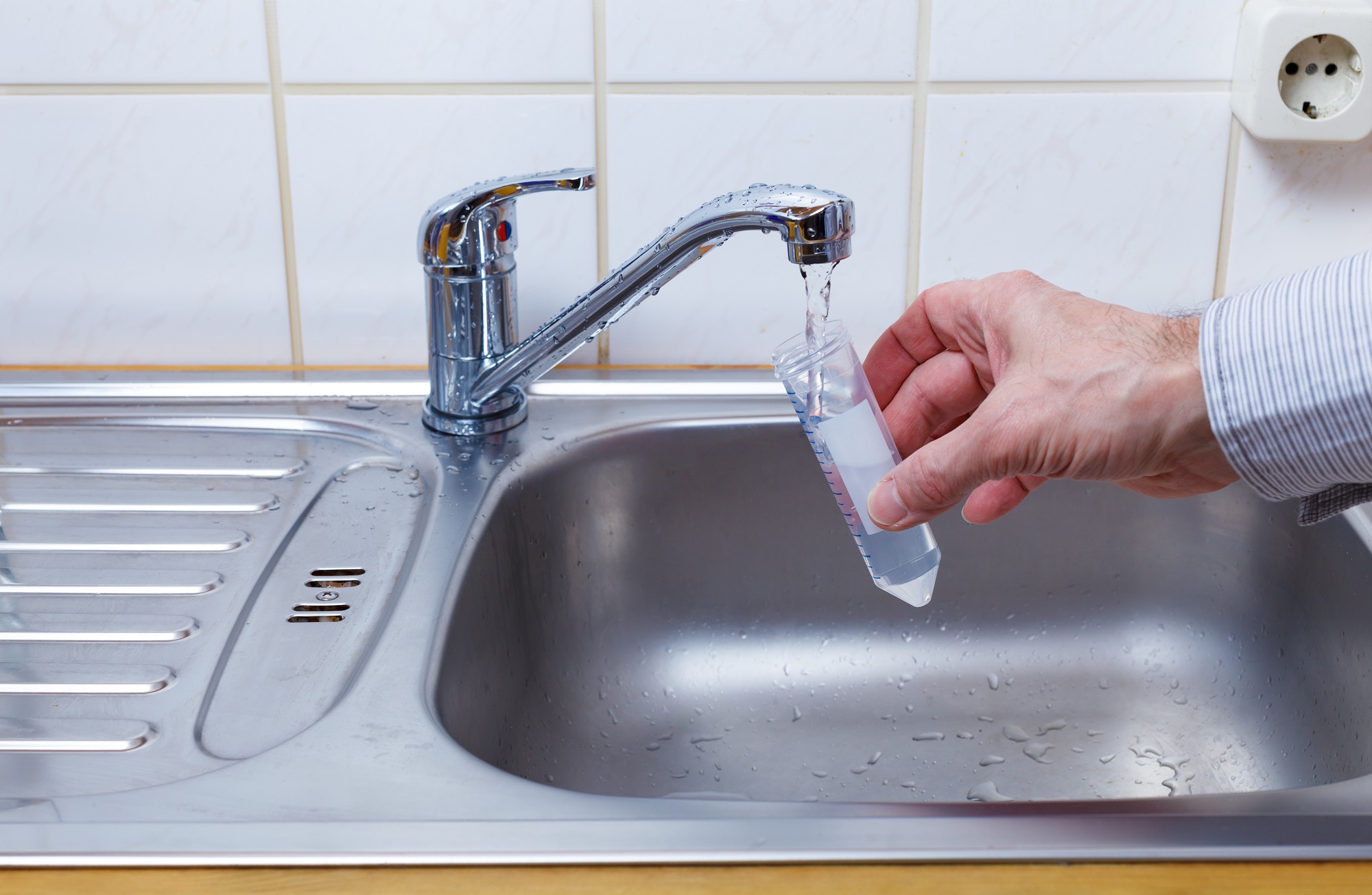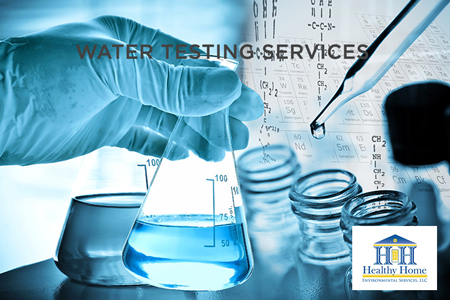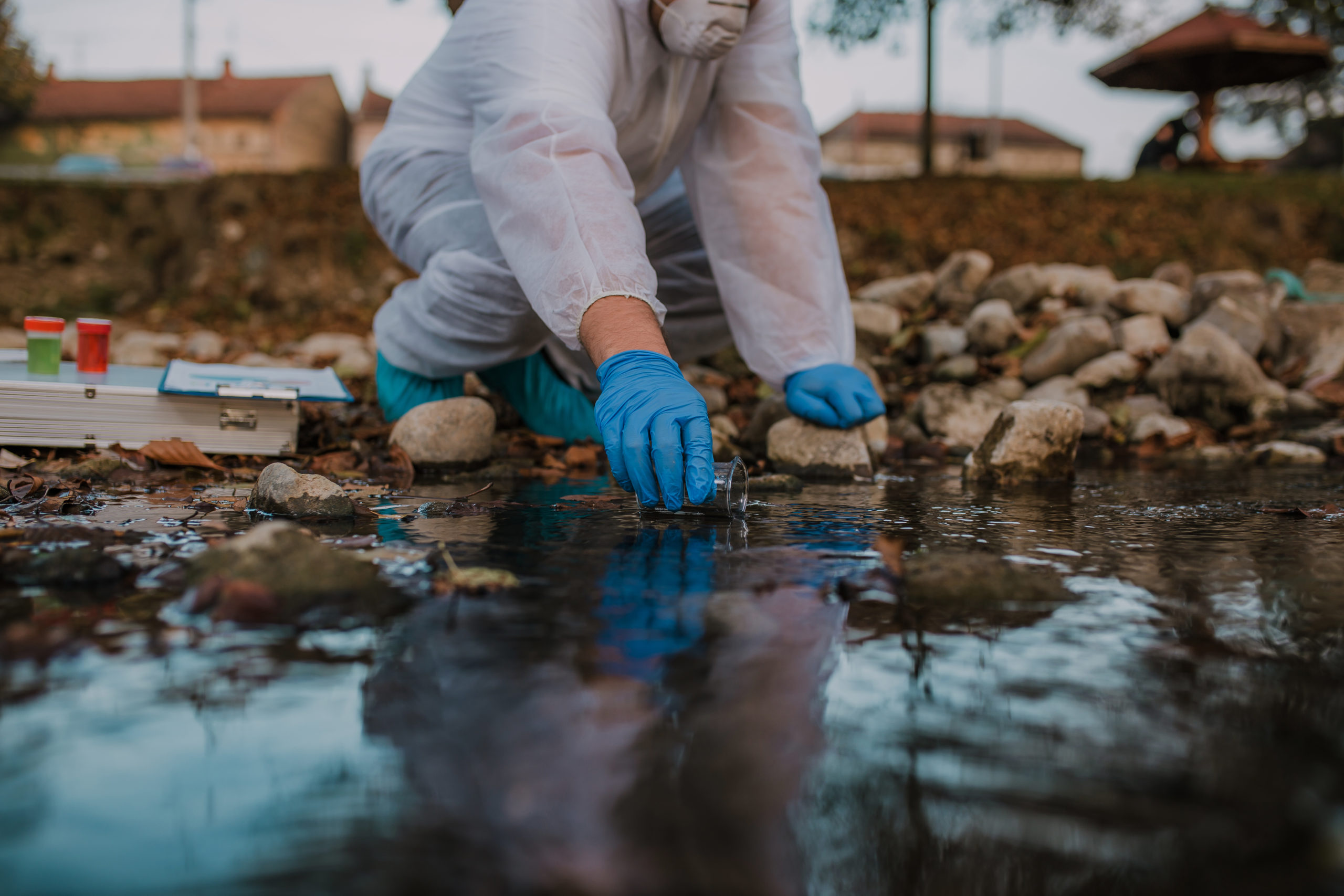Professional Well Water Testing Services: Obtain Accurate Outcomes Fast
Professional Well Water Testing Services: Obtain Accurate Outcomes Fast
Blog Article
Discover What Is Included in Water Checking and Exactly How It Ensures Safe Alcohol Consumption Water
Recognizing the details of water screening is pivotal in ensuring the quality and safety of our alcohol consumption water. Via a thorough evaluation of physical, chemical, and microbiological aspects, water testing recognizes possible impurities that might present wellness threats. From the visibility of hefty metals to damaging bacteria, each test element plays a critical duty in preserving the stability of our supply of water. Advanced methods like chromatography and spectrometry enhance the accuracy of these analyses. Yet, how do these processes translate right into the regulative frameworks that guarantee safety and security in our daily intake?
Trick Parts of Water Testing
Water screening is an important procedure that includes numerous key elements to make certain the safety and high quality of drinking water. In addition, guaranteeing the pH balance of water is crucial, as it affects the water's corrosiveness and the efficacy of disinfection processes.
One more substantial part entails microbiological evaluation, where water examples are examined for the presence of microorganisms such as germs, viruses, and protozoa. This analysis is important to determine biological dangers that might pose health risks if consumed. Chemical analyses are performed to spot inorganic and natural compounds, such as heavy steels, nitrates, and pesticides, that may be present in the water supply.

Detecting Dangerous Pollutants
Discovering dangerous impurities in alcohol consumption water is an essential aspect of safeguarding public health and wellness. This procedure includes recognizing prospective hazards that can compromise the high quality and safety and security of water supplies. Pollutants can range from bacteria such as microorganisms, infections, and protozoa, to inorganic compounds like lead, arsenic, and nitrates, along with natural pollutants consisting of pesticides and industrial chemicals. Each kind of impurity postures distinct health and wellness threats, making their detection critical to guarantee the water taken in by the public is secure.
Water screening for pollutants is commonly conducted by regulative companies and water utilities, utilizing a mix of area tasting and lab evaluation. These evaluations are made to detect both normally taking place materials and anthropogenic toxins that might have entered the water supply through agricultural drainage, commercial discharge, or maturing facilities. Regular monitoring is important, as contamination levels can rise and fall as a result of ecological changes, seasonal variations, or human tasks.
The recognition of damaging impurities informs necessary activities, such as water treatment interventions or public advisories, to reduce threats. Early discovery is important to stop negative health and wellness effects, varying from intestinal diseases to long-term problems like cancer, thereby guaranteeing the proceeded security of drinking water.

Chemical Evaluation Techniques
In the world of ensuring secure alcohol consumption water, chemical evaluation strategies play a crucial duty in recognizing and measuring contaminants. These techniques are necessary for spotting a broad array of chemical compounds, including heavy steels, pesticides, and industrial toxins, which can pose significant health and wellness dangers. Techniques such as atomic absorption spectroscopy (AAS) and inductively combined plasma mass spectrometry (ICP-MS) are generally employed to determine trace degrees of metals like mercury, arsenic, and lead. These instruments supply accurate quantification, promoting compliance with regulative criteria.
Gas chromatography-mass spectrometry (GC-MS) is another vital method, especially for natural substances. It separates complicated mixes and determines semi-volatile and unstable organic compounds, guaranteeing that pollutants like benzene and toluene are within safe limits. High-performance liquid chromatography (HPLC) is similarly made use of for non-volatile materials, consisting of specific pesticides and pharmaceuticals.
Ion chromatography is utilized to determine focus of cations and anions, such Well water testing services as nitrates and sulfates, which are pivotal in examining water quality. These chemical analysis strategies collectively guarantee that drinking water continues to be risk-free by identifying deviations from developed purity norms, consequently protecting public health. Ensuring accuracy and accuracy in these examinations is vital to maintaining the honesty of water security assessments.
Microbiological Examining Techniques
Accurate microbiological screening is important for safeguarding public wellness by making sure that drinking water is cost-free from dangerous pathogens. This procedure involves identifying and mentioning microbes such as germs, infections, and protozoa that may contaminate water materials. Common microorganisms consist of Escherichia coli, Giardia, and Cryptosporidium, each positioning significant wellness risks.
A number of methods are utilized in microbiological screening to identify these dangers. The membrane filtering strategy is regularly made use of, involving water travelling through a filter that captures germs, which are after that cultured to establish their presence and concentration. The multiple-tube fermentation method enables the quantification of coliform bacteria utilizing a collection of dilution and incubation actions.
Improvements in modern technology have introduced molecular methods such as polymerase domino effect (PCR), which enables the rapid and highly particular detection of microorganisms by intensifying their genetic material. Enzyme-linked immunosorbent assays (ELISA) also provide a method to discover microorganisms by recognizing details healthy proteins or antigens.
These differed approaches are essential for extensive water quality assessment, making sure that water treatment processes are efficient and that distribution systems maintain safety. By employing these microbiological screening techniques, prospective carcinogen can be identified and reduced quickly.

Value for Public Wellness
Making certain the microbiological safety and security of drinking water directly influences public health and wellness by avoiding the spread of waterborne conditions. Microorganisms such as germs, viruses, and protozoa can result in health problems like cholera, dysentery, and stomach infections (Water Testing Services Near Me). The implementation of thorough water screening protocols is extremely important in recognizing and reducing these risks, thus safeguarding areas from potential outbreaks
Normal water screening not only discovers microbial pollutants yet likewise assesses chemical and physical criteria that might influence health. For example, excessive degrees of nitrates or heavy steels such as lead can pose severe health threats, especially to prone populaces like infants and expectant females. By identifying these dangers early, water testing makes it possible for timely treatments, ensuring the water system stays within secure intake criteria.
Moreover, water testing plays a critical duty in maintaining public self-confidence in metropolitan water systems. For policy manufacturers and health and wellness officials, the information obtained from water testing informs decisions on infrastructure investments and public health techniques, guaranteeing sources are directed where they are most needed.
Verdict
Water screening acts as a crucial device for making certain the security and top quality of alcohol consumption water via comprehensive analysis of its physical, chemical, and microbiological properties. By identifying unsafe pollutants, such as heavy steels and chemicals, and utilizing innovative methods like chromatography and spectrometry, water testing helps with the recognition of possible health and wellness risks. The application of rigorous screening methods is crucial for maintaining compliance with safety and security criteria, ultimately guarding public health and wellness and enhancing confidence in metropolitan water supply.

By recognizing these hazards early, water screening enables timely interventions, guaranteeing the water supply stays within secure intake standards.
Water testing serves as an essential mechanism for guaranteeing the security and top quality of drinking water through comprehensive assessment of its physical, chemical, and microbiological residential or commercial properties.
Report this page